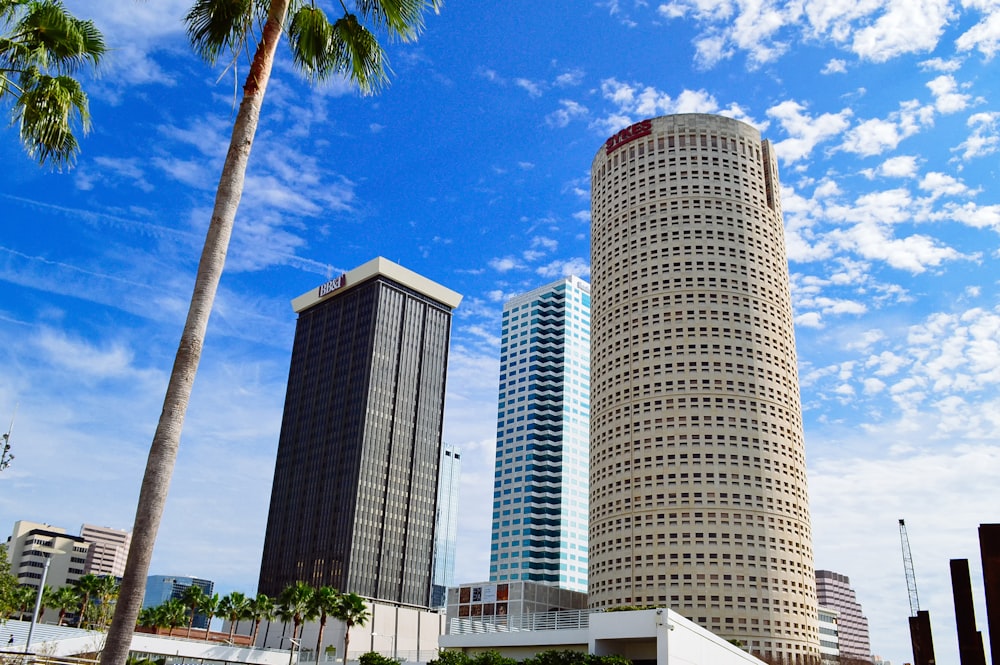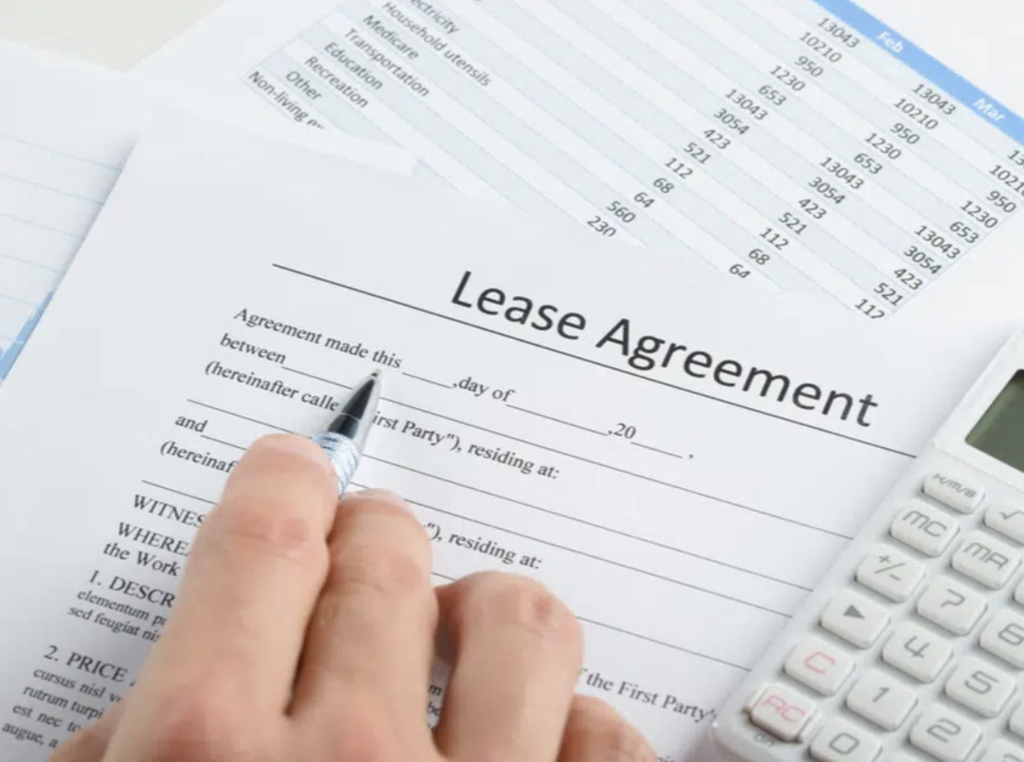
What exactly is operating expense reconciliation, and why is it becoming increasingly important in the Tampa market?
As a Tenant in a commercial building in Tampa, you may be familiar with receiving an invoice from the Landlord for the reconciliation of the building’s operating expenses from the previous year. Typically, by May of each year, the Landlord will send you a notice with an invoice for any amount owed or a credit to your rent. If you are in a Full Service or Modified Gross lease, what are you receiving an additional invoice or credit in the first quarter of the following year?
Operating expense reconciliation is the process by which a Landlord calculates the actual operating expenses for a building over the previous year by reconciling the estimated budget expenses which were used for the Base Year of a lease compared to the actual expenses of the building for the previous year. The difference between the estimated expenses and the actual expenses is known as the “reconciliation amount.” If the actual expenses were higher than the estimated expenses, the Landlord will send an invoice to a Tenant for the amount due above the Base Year. If the actual expenses were lower than the estimated expenses, the Landlord will usually apply a credit of that amount to the monthly rent.
Why are operating expenses more crucial in the Tampa market?
Hurricanes are a common occurrence in Florida, and the resulting damage can be significant and dramatically increase building insurance. Hurricane Ian in 2022, insurance rates for commercial buildings in Tampa have been increasing dramatically over the past few years. Secondly, the value of commercial buildings has increased, especially in the City of Tampa, therefore so have the Real Estate Taxes.
Landlords are responsible for holding an insurance policy on the building and passing on the cost of insurance to Tenants as a part of the building’s operating expenses. Depending on the type of lease you have, these pass-throughs will impact Tenants differently. A Full-Service lease, the rent includes the Tenant’s operating expenses, including insurance and are only responsible for the portion above your base year.
If a Tenant has a Modified Gross lease with an Expense Stop, rent includes a certain amount for operating expenses that was agreed upon in the lease, and any expenses above that amount are passed on to the Tenant. For example, any increase in insurance rates will only impact a Tenant if the actual expenses exceed the expense stop.
How can Tenant’s prepare for operating expense reconciliation in the Tampa market? First and foremost, understand the terms of the lease and how the operating expenses are calculated. Always reach out to the Landlord or Property Manager with questions or concerns.
Consider negotiating the lease terms at renewal or when signing a new lease to establish the highest Base Year possible. For example, if you have a Full-Service lease, negotiating a cap on the amount rent can increase due to operating expenses. These caps often exclude non controllable expenses i.e. Real Estate Taxes and insurance but can still be beneficial. A Modified Gross lease, negotiating a higher expense stop can aid in avoiding additional pass throughs.
Building operating expense reconciliation is a critical part of commercial leasing in the Tampa market, and it is becoming even more important due to the impact of hurricanes on insurance rates. Tenants must understand lease terms and how operating expenses are calculated.
If your commercial lease is ending soon or questions on your operating expense pass through reconciliation, give us a call for a free consultation: 813-289-3700.




